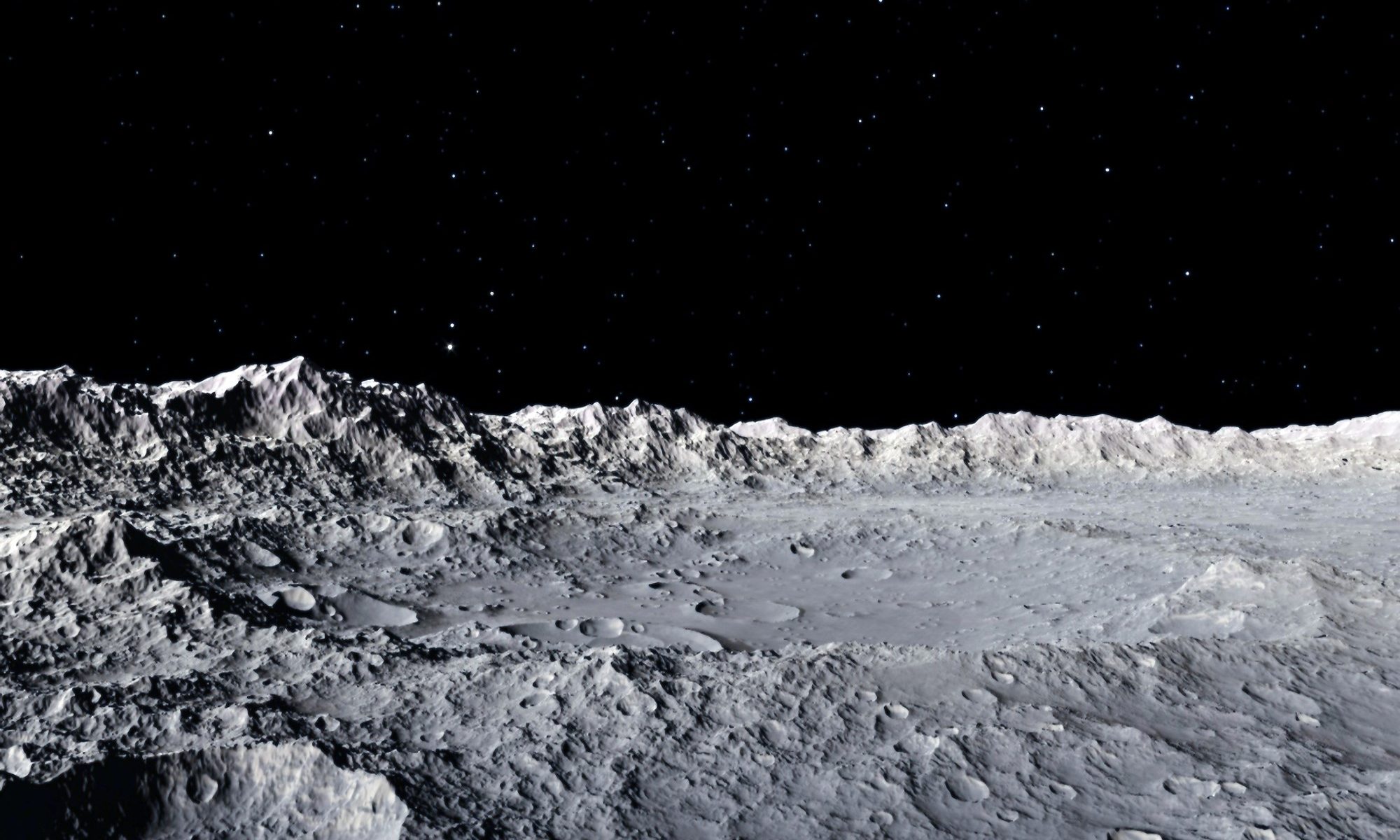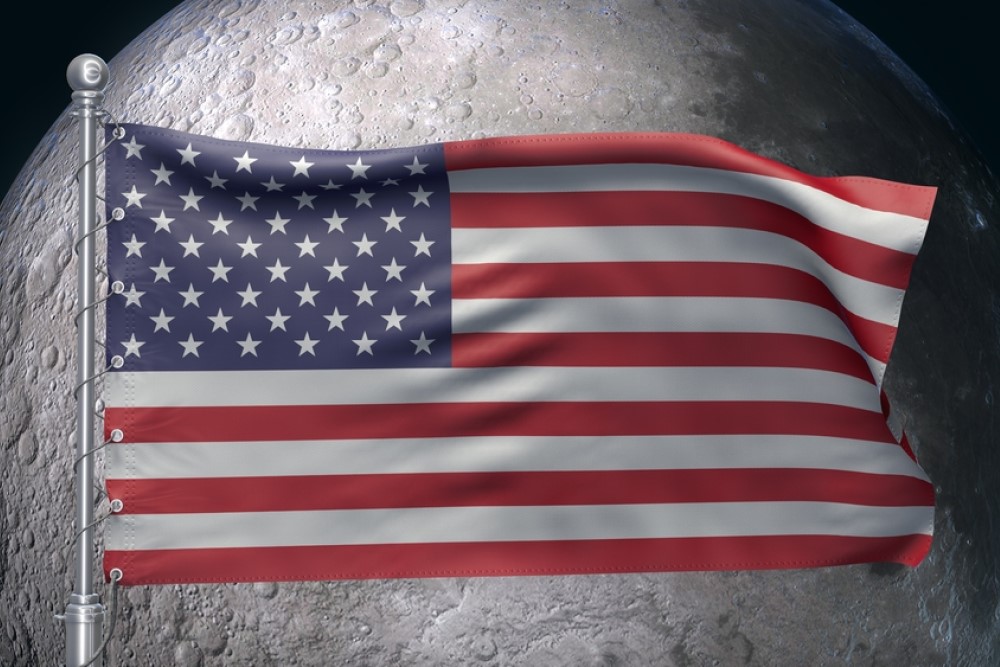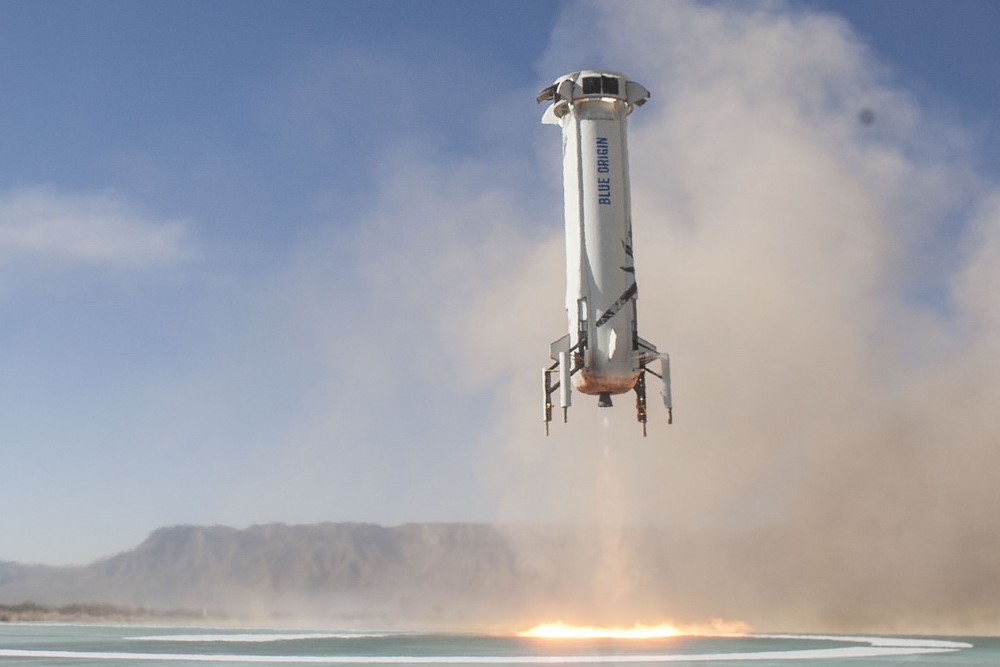On January 8 of this year, Astrobotic Technology launched the first ever commercial moon lander, Peregrine. While the mission marked a significant step in the growing commercialization of space exploration, it was Peregrine’s payload that saw the probe attain notoriety. On board – courtesy of U.S. companies Celestis and Elysium Space – were the remains of at least 70 people and one dog. Sold as “a truly extraordinary… memorial experience,” these companies provide the option of having one’s ashes deposited in “a new sacred place for remembrance” – that is, the moon’s surface. Such a memorial might seem a fitting way to honor a loved one (provided, of course, you can afford the hefty $12,000 price tag). But serious concerns have been raised regarding the morality of such an endeavor.
For one, the moon is considered sacred in many cultures. Writing in Nature, Alvin D. Harvey explains that for the people of the Navajo Nation, the moon is seen as an ancient relative (“Grandmother Moon”), and that we should be “careful, diligent, and respectful when visiting her.” It was for this very reason that Navajo Nation President Buu Nygren contacted NASA, protesting the Peregrine mission prior to launch. He noted that the moon was a part of his culture’s “spiritual heritage” and an “object of reverence and respect.” Depositing human remains upon it was, therefore, “tantamount to desecration of [that] sacred space.”
But the cultural significance of the moon doesn’t stop there. Hinduism links the moon with Shiva – the god of destruction and regeneration – while Chinese folklore tells the story of the goddess Chang’e who became immortal and flew to the sky. Ancient Greek mythology held the moon to be a creation of Zeus, while the ancient Egyptians associated the moon with Isis – the goddess of magic and healing. For New Zealand Māori, the moon – or marama – has important symbolic meaning, with the lunar cycle being likened to “the opening and closing of a portal through which departed spirits returned to the origin of life.”
What, then, should this cultural significance mean for our exploratory endeavors? Should we refrain from depositing human remains on the moon and other celestial bodies of cultural significance? It’s important to note that in raising their concerns, the Navajo Nation sought only to be consulted about such missions – not to ban them outright. Interestingly, this consultation is precisely what NASA had already promised the Navajo Nation back in 1998 after similar concerns were raised when the remains of planetary scientist Eugene Shoemaker were transported to the moon by Lunar Prospector. This promise, it seems, was soon forgotten – though the Biden administration has since made attempts to remedy this.
Space exploration necessarily involves our intimate interaction with celestial bodies that have long held cultural significance. If we are being purely consequentialist, we might argue that the scientific knowledge – and subsequent benefit to humanity – gained from these missions far outweighs the cultural offense such exploration might induce. The Parker Solar Probe, for example, will – in 2025 – be the first man-made artifact to “touch” the sun – an object of enormous cultural importance, and for many, a deity in its own right. The probe will, however, revolutionize our understanding of the solar wind, and how it affects life on Earth.
But the deposition of human remains can avail itself of no such arguments. There is no scientific understanding to be gained, nor “greater good” for humanity. It’s a vanity project – albeit, an understandable one – concerned solely with ensuring a legacy for the dead. We might argue that if these individuals expressed a strong desire to have their remains dealt with in this way, it would be wrong not to fulfill their wishes. It’s this sentiment that usually drives our insistence on respecting the funerary wishes of the dead, despite no legal obligation. It’s unclear, however, whether we can even wrong the dead. There are, of course, also the wishes of those who survive the dead. Elysium is careful to describe their memorial service in a way that appeals chiefly to those left behind, describing this “majestic memorial” as “a connective experience for families and friends” in which they can “remember a loved one throughout the night sky.”
But while such a memorial undoubtedly creates a good for families and friends of the dead, it’s unclear that this good is sufficient to outweigh the harms experienced by those for whom the moon has significant cultural importance. There’s also nothing to suggest that a “majestic memorial” to their loved ones can’t be sufficiently achieved via other means that don’t involve the desecration of celestial bodies of cultural value.
Though this leads to an interesting implication for how we deal with our dead. Celestial bodies are not the only parts of our natural world with enormous cultural significance. There are many more down-to-earth examples. For some, it’s certain mountains, for others, it’s the sea. Yet these are also locations over which we routinely dispose of human remains. So what does this mean? Well, if we think there is a good argument to be made for refraining from depositing human remains in locations of cultural significance (or, at least for consulting representatives of those groups for whom the location is important), then it seems that we must seriously reconsider the simple – and, for many, widely accepted – practices like depositing a love one’s ashes by the sea.
Several months ago, I briefly summarized some of the ways in which philosophy – and ethics more specifically – might help us better understand how we should conduct ourselves as we explore the cosmos. This case provides just one more example. For better or worse, the humans (and one dog) aboard Peregrine never made it to their lunar destination. A propellant leak scuttled any chance of the probe arriving on the moon, and at 20:59 GMT on January 18 – just ten days after launch – the lander burned up in the Earth’s atmosphere.















